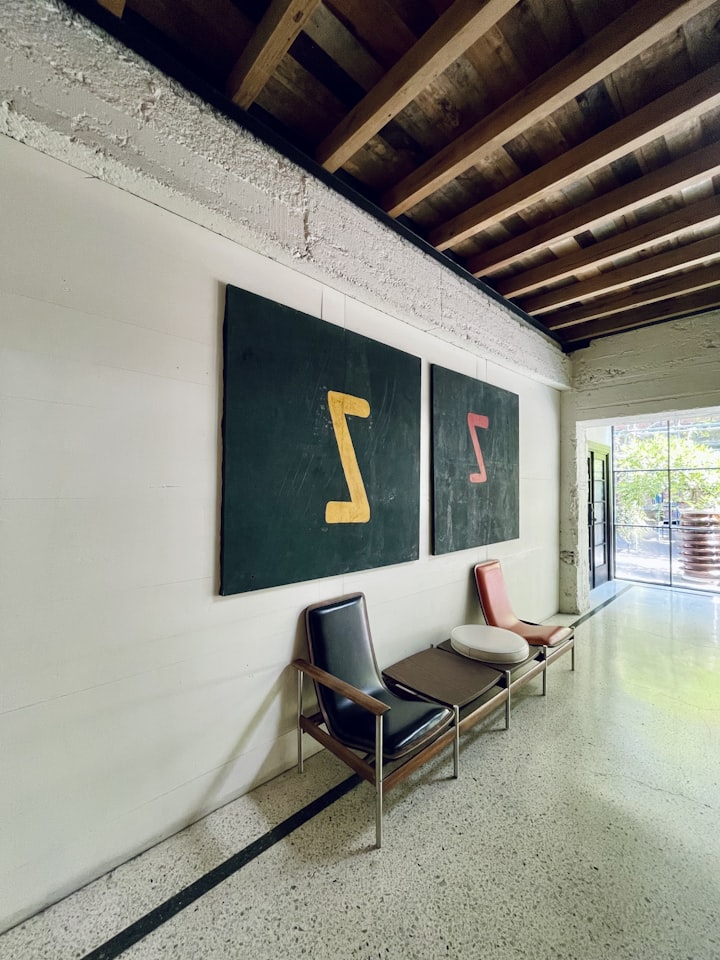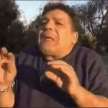
Military analysts and experts spotted the appearance of the letter Z handwritten on Russian military tanks and trucks massed on the Ukrainian border - for the first time - on February 19, sparking a flurry of speculation about what it means.
With the start of the Russian invasion of neighbouring Ukraine, more military equipment was spotted, bearing the letter Z, in addition to other Latin letters including O, X, A and V. These letters are framed by squares, triangles and other drawn shapes. The letter Z is not present in the Russian Cyrillic alphabet.
Several theories have spread about the meaning of writing the letter Z, the most common of which is that military experts say that the letters usually symbolise the locations of Russian forces, and that the letter Z can symbolise Zapad, meaning the West. Others say the letter was written to avoid friendly fire, while some pro-Kremlin Russian military experts have speculated that the letter Z refers to Ukrainian President Volodymyr Zelensky and the letter V to his Russian counterpart Vladimir Putin.
The Russian Ministry of Defence itself did not comment on the controversy, but it published, on its Instagram channel, a video in which it said that the letter Z means Za pobedu (for victory) and that the letter V means "the strength of truth." But this interpretation sparked a sharp debate at the UN Security Council on Monday, when Ukraine's ambassador, Sergei Kislitsa, said the letter stood for zveri, which means monsters or animals in Russian. But his Russian counterpart, Vasily Nebenzia, responded that Russians have their own opinion of who the animals are.
Over the past two weeks, this letter has taken over social media platforms and has become the main symbol through which many express their support for the Russian invasion of Ukraine. According to the British newspaper "The Guardian", the pro-Kremlin Russian "RT" network announced, just 3 days after the start of the invasion, that it had started selling goods marked with the letter Z (shirts and sweaters...), in support of the Russian forces.
Since then, the authorities have staged countless flash rallies across the country, where young Russians are seen wearing Z-shirts and expressing their support for the war. Z's were also written on large Soviet-era apartment blocks, and street advertisements were plastered with the same letter. Even Russian officials, keen to show their support for the invasion, pledged to include the letter in the names of the regions. The head of the Kemerovo region, Sergey Tsevilev, announced that he decided to rename it and add the letter Z, becoming KuZbass.
And the use of the letter was not limited to Russia, as thousands of Serbs, waving Russian flags and carrying Z banners, marched across Belgrade to the Russian embassy, in a show of support for Moscow after its invasion of Ukraine.
On Saturday, Russian gymnast Ivan Kulyak wore the Z armband as he stood alongside Ukrainian Kovtun Ilya, gold medalist at the World Gymnastics Championships in Doha. As a result, Kolyak was investigated on Sunday, and the International Gymnastics Federation described the Russian player's behaviour as "shocking", stressing his intention to open a disciplinary case against him.
But some Russian citizens mocked the use of the letter, and during anti-invasion rallies on Sunday, protesters were seen carrying signs reading Zachem (Why?). They also took to the Internet, where they posted satirical pictures and jokes about the matter.
More seriously, the Z was used as a tactic to intimidate those opposed to the war. Members of the opposition art group Pussy Riot, as well as the anti-war NGO Memorial, said the letter Z was written on their apartment doors. The Russian film critic, who left his country in protest at the war, Anton Dolin, published a picture on his Facebook account showing the letter Z sprayed in large font on the door of his apartment, describing this step as intimidating.
This symbol reached Arab countries, especially Syria, where supporters of the regime, an ally of Russia, shared it and wrote it on their cars, as it appeared clearly in rallies by regime supporters, expressing their support for the Russian invasion of Ukraine. It is noteworthy that Russia has intervened in Syria since 2015, under the pretext of fighting terrorism, to support the regime and its president, Bashar al-Assad.






Comments
There are no comments for this story
Be the first to respond and start the conversation.